Books are a staple of many a family's Christmas festivities - whether usually received from distant cousins and instantly forgotten, or as a much-needed opportunity to escape into another room and avoid a rapidly brewing domestic dispute over who's winning at Monopoly.
For the car enthusiast, a day cooped up indoors with no chance to blast along a B-road or do a quick oil change might seem like a nightmare, but you can still have some automotive fun, and maybe even learn something, with one of our favourite books, as chosen by Autocar's writers.
PJ O’ Rourke - Driving Like Crazy (Atlantic Books)
I was tempted to pick Mark Donohue’s The Unfair Advantage – a book that has had a plug in every motoring anorak’s guide to Christmas reading that I’ve ever read – but I’m sure it’s already on your shelf. If it’s not, it certainly should be. Likewise, Into the Red by Mark Hales and Nick Mason.
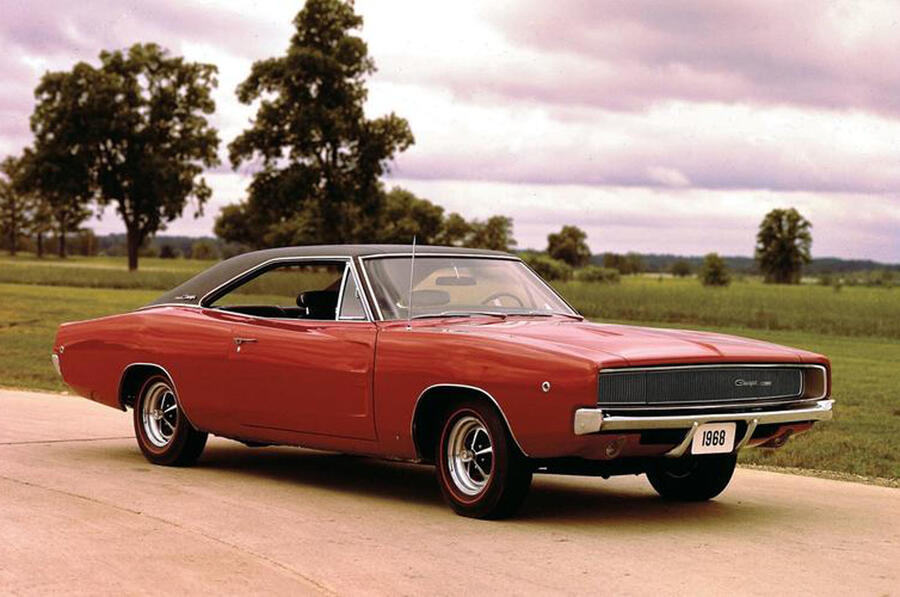
Instead, I’m going to suggest a collection of the car-related articles of American satirist and libertarian PJ O’Rourke entitled Driving Like Crazy. Libertarians make the best car enthusiasts, after all; and, as you’ll read, O’Rourke’s irreverent pieces are mostly about driving in North America in the 1970s and 1980s, when attitudes must have been more permissive than they are today. It’s a book perhaps best kept away from impressionable 16-year-olds. One of its chapters is called ‘How to Drive Fast on Drugs While Getting Your Wing-Wang Squeezed and Not Spill Your Drink.’
Many of the collected pieces appeared in US magazine Car and Driver at the time they were written, but I was much too young to read them – and this book is a great way to catch up. The author’s style is light and his voice is infectious. Better than Christmas TV by some distance.
Matt Saunders
Satoshi Kamata - Japan in the Passing Lane (Random House Inc)


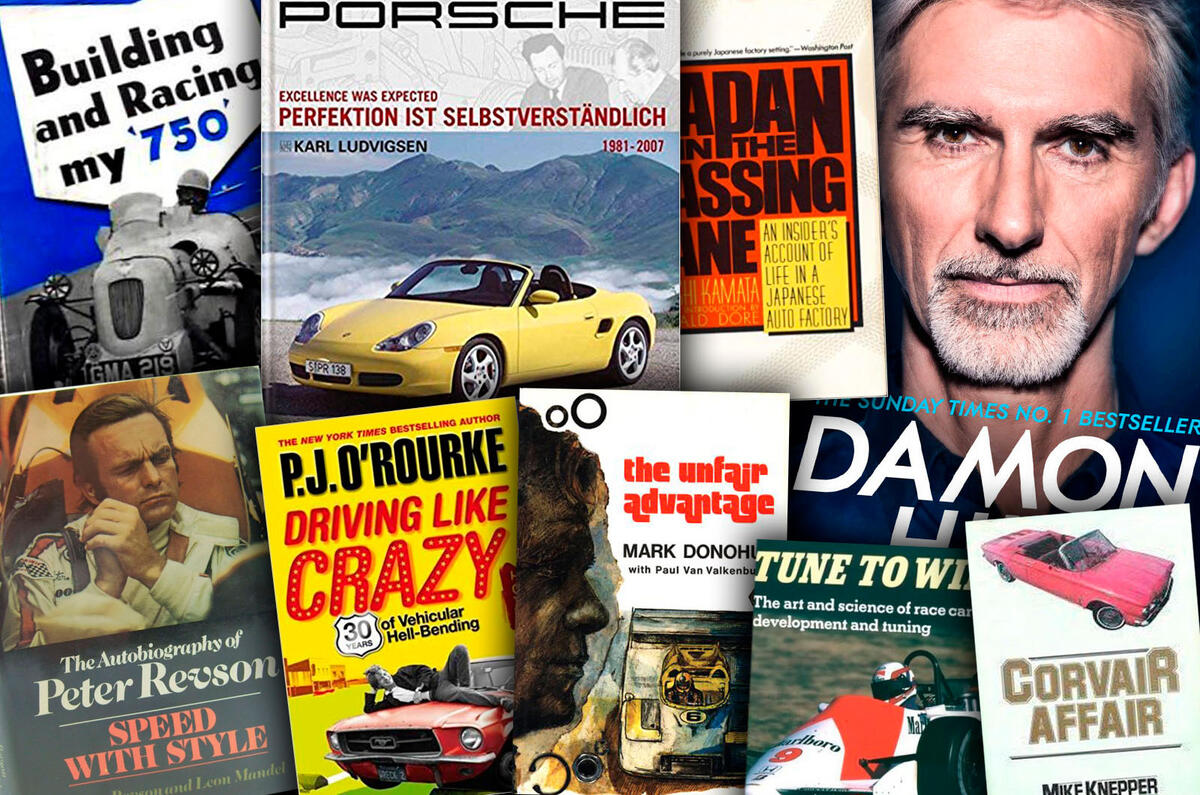







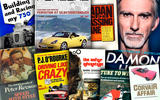








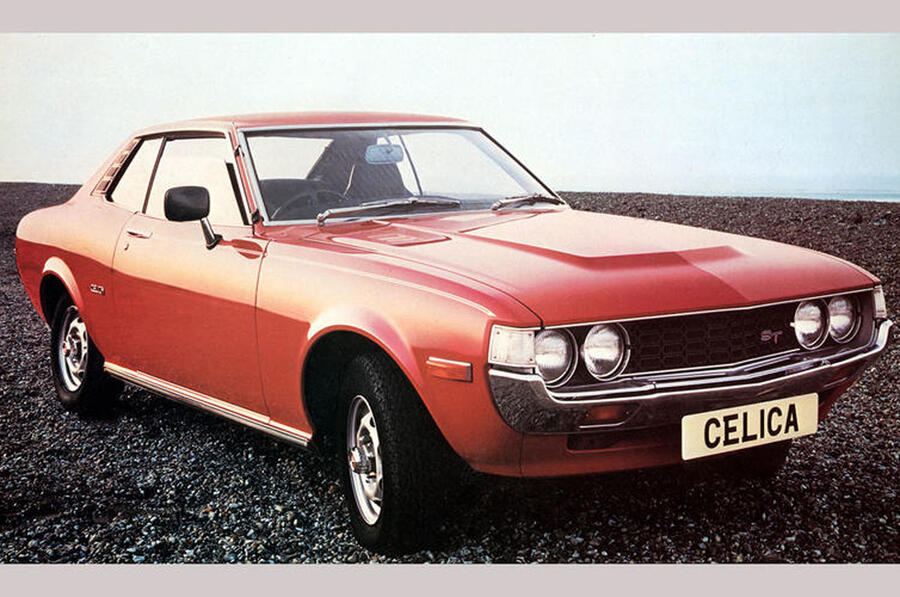
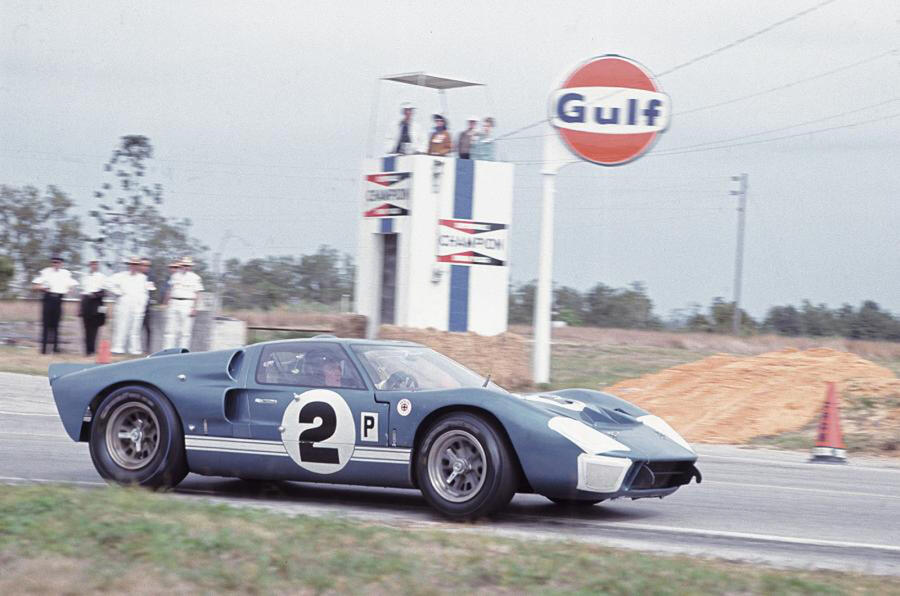
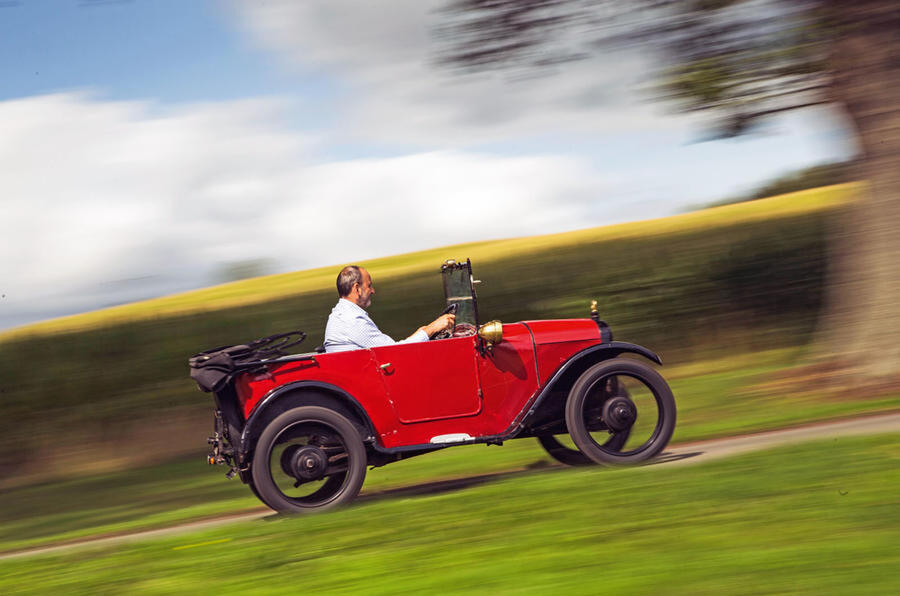
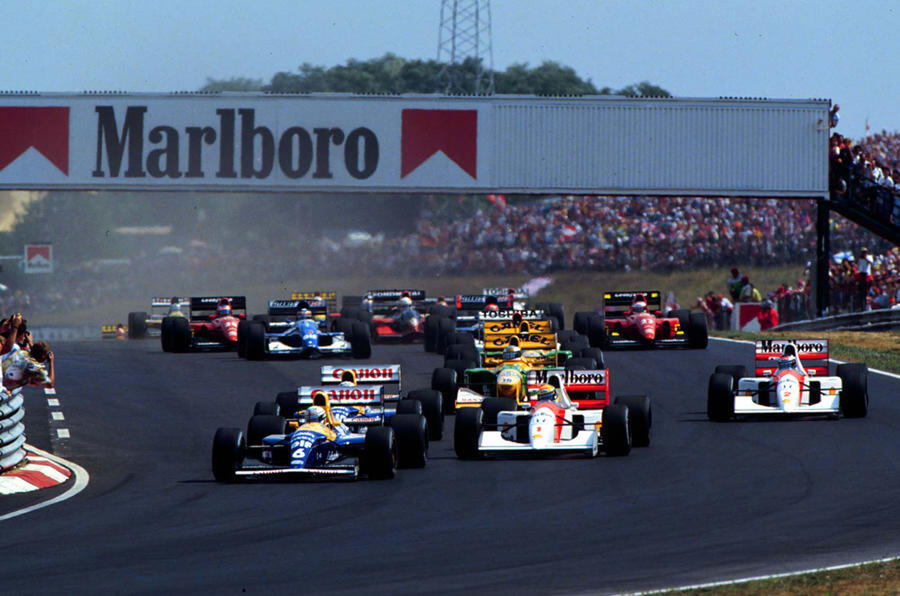
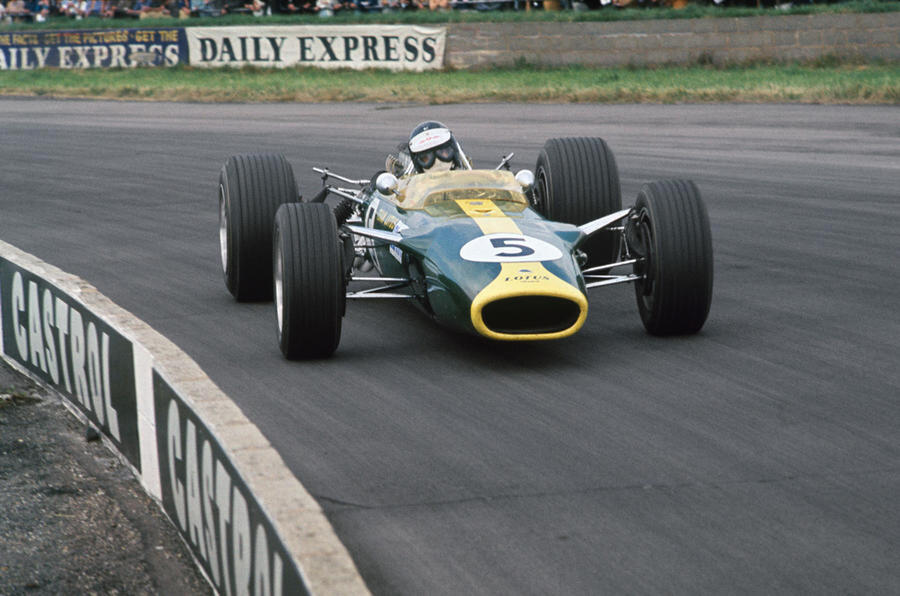
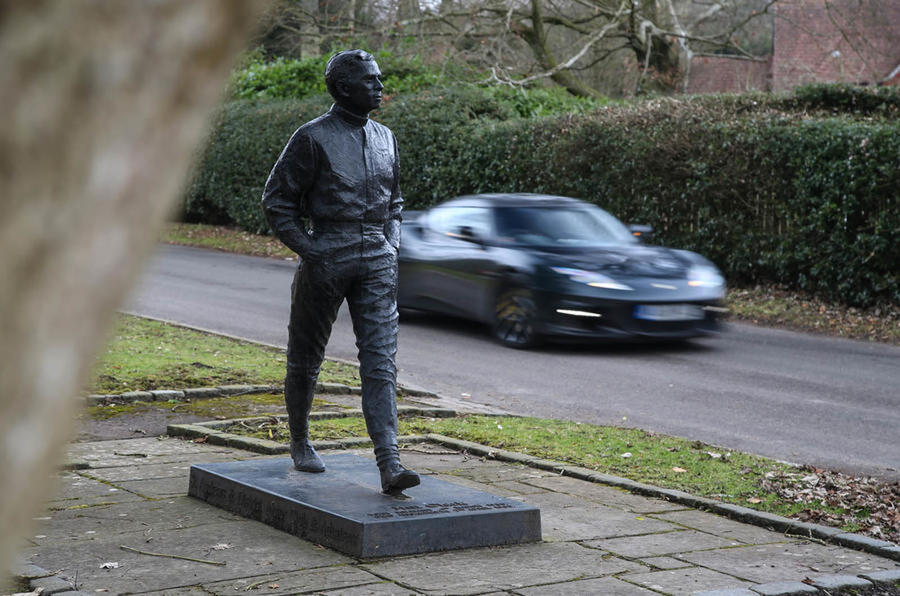

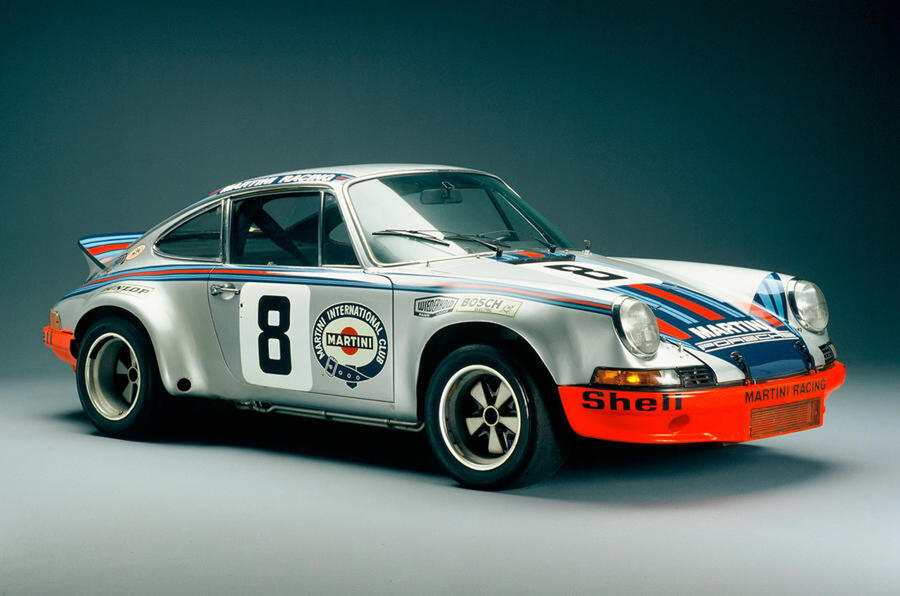


Join the debate
Add your comment
Top book
The most important of the above is the story of the Corvair. Only a little more engineering and a little more cost of the rear suspension could have made an excellent car and a great success.
Adrian Newey....
Adrian Newey has a book out soon too!